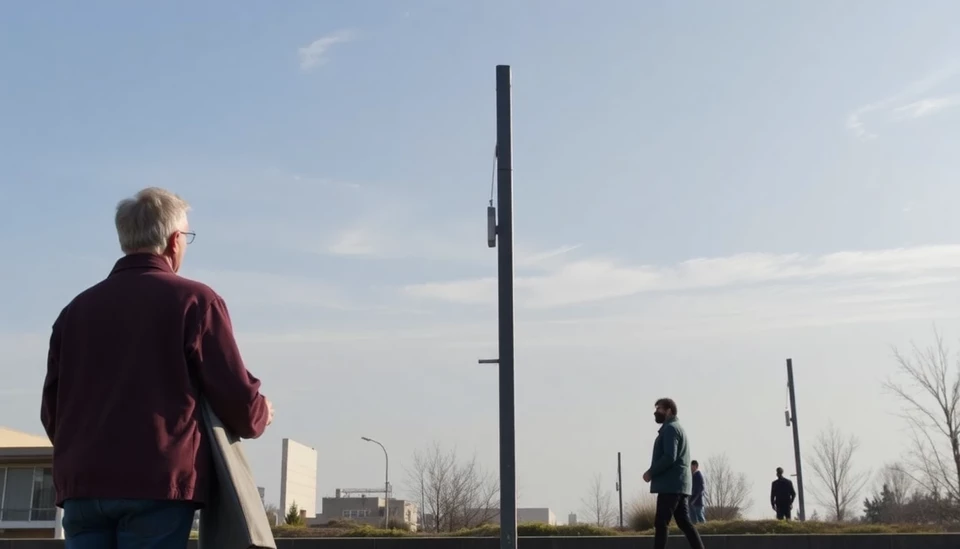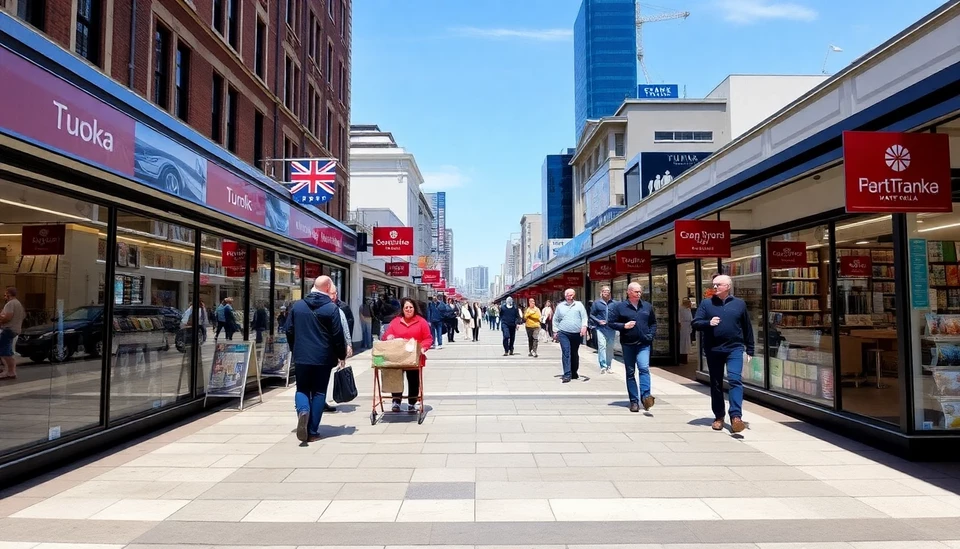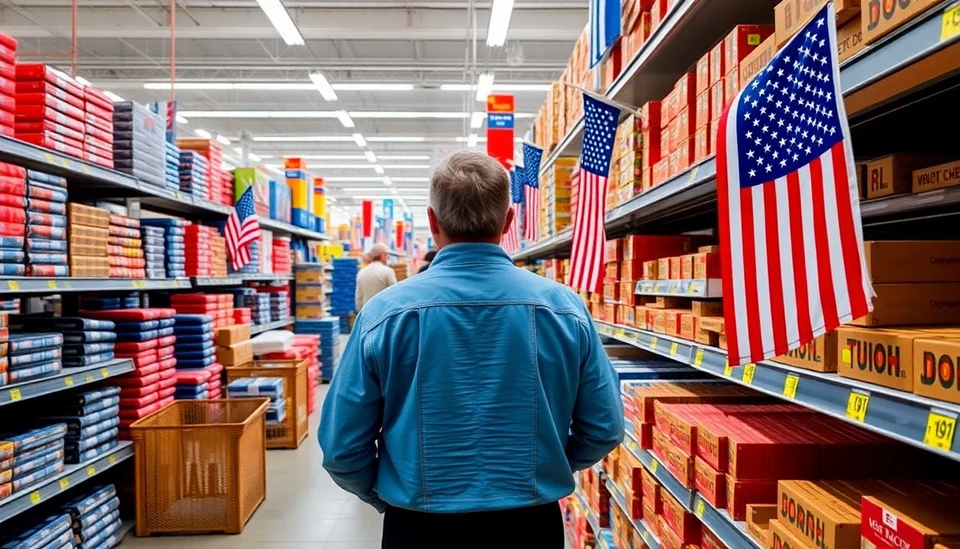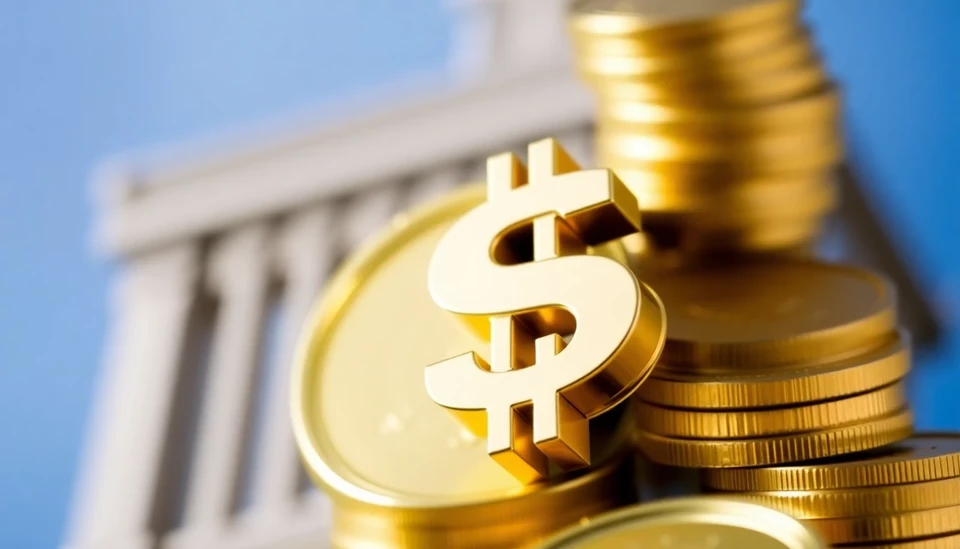
In a startling turn of events, recent reports indicate that French consumer sentiment has declined unexpectedly, signaling growing unease among the populace as they navigate through a period of political turbulence and economic uncertainty. This drop in confidence raises concerns about the nation’s economic prospects, as consumer sentiment is a key indicator of future spending behaviors.
The fall in consumer sentiment is attributed to a myriad of factors, including increasing dissatisfaction with the current political leadership, concerns over inflation, and the overall economic climate, which appears to be more daunting than previously anticipated. Observers note that this shift reflects not just personal financial concerns, but a broader discontent with governmental policies and commitments.
As the French government faces challenges related to its social and economic strategies, consumers are becoming increasingly skeptical. Many cite rising living costs and stagnant wages as core issues that are affecting their outlook on the economy. This sentiment is not isolated, but is also mirrored in various surveys indicating dwindling trust in government actions and policies aimed at stimulating the economy.
The decline in consumer confidence could have far-reaching implications for businesses and the economic landscape going forward. A decrease in consumer spending, which is vital for economic stability and growth, could result in a slowdown that businesses are ill-prepared for. As consumers pull back on discretionary spending, the ripple effects could challenge retailers and service providers throughout the country.
Political commentators argue that the current sentiment is a direct result of multiple crises converging, including regional tensions, labor disputes, and public protests over economic reforms led by the government. These factors have fostered an environment where consumers feel uncertain and anxious about the future.
Moreover, as France approaches significant political milestones, such as upcoming elections and potential shifts in policy, there is a palpable sense of urgency among stakeholders to address these pressing issues. Without a strategic and aligned response to restore consumer confidence, the economy may face a substantial hurdle in the months to come.
This unexpected downturn raises questions about the resilience of the French economy and how effectively it can navigate through these turbulent times. Policymakers and economic advisors will need to closely monitor these trends and take proactive measures to mitigate the impact on consumer sentiment and spending.
As we look ahead, the interplay between political stability and economic performance remains crucial for France’s prosperity. Analysts will be watching closely to see how both consumers and the government respond in the coming weeks.
In conclusion, the drop in consumer sentiment in France serves as a stark reminder of the interconnectedness of political dynamics and economic realities. The hope is that through concerted efforts and responsive governance, the country can regain the trust and confidence of its people as they face the future together.
#ConsumerSentiment #France #Economy #PoliticalGloom #EconomicDecline #RetailImpact #SocialConfidence
Author: Rachel Greene




